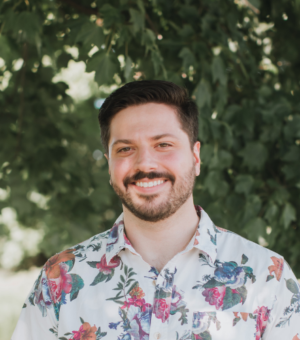Community Supervision
People under community supervision (e.g., probation and parole) have 2 to 4 times higher rates of mental health conditions than people who are not on supervision. In addition, many face challenges related to securing stable housing and access to health care, and they are more likely to fail during supervision if not given the tools and treatment needed to succeed.
Parole and probation departments are well-positioned to help people with behavioral health needs address these challenges and help ensure that they succeed in community supervision. With JMHCP support, these agencies can work to implement evidence-based community supervision practices, increase connections to community-based treatment, and prioritize safe and affordable housing as people reenter the community.
Implementing Specialized Caseloads to Reduce Recidivism for People with Co-Occurring Disorders

Selected Resources

Using Supported Employment to Help People with Behavioral Health Needs Reentering Communities
Correctional Facilities

The Role of Probation and Parole in Making Housing a Priority for People with Behavioral Health Needs
Housing

Justice and Mental Health Collaboration Program Implementation Science Checklist Series
Correctional Facilities
Key Staff

Ethan Aronson
Senior Policy Analyst, Behavioral Health
Ethan Aaronson provides technical assistance to Justice and Mental Health Collaboration Program grantees and Law Enforcement-Mental Health Learning Sites. Prior to joining the CSG Justice Center, Ethan worked at the Walter Rand Institute for Public Affairs, where he assessed how well local governments met the human service needs of residents. He also was the data manager for a project that supported individuals with co-occurring diagnoses in reentry. Previously, he was a counselor in New Jersey and Oregon, helping young men prepare for their return home after completing probation or parole. Ethan earned BAs in political science and history from the University of Vermont and his MA in criminal justice from Rutgers University.

Rachel Lee
Project Manager, Behavioral Health
Rachel Lee provides technical assistance to Justice and Mental Health Collaboration Program grantees and offers support on other projects that focus on the intersection of behavioral health and criminal justice. Prior to joining the CSG Justice Center, Rachel worked for C4 Innovations, where she provided project assistance to several recovery-focused Substance Abuse and Mental Health Services Administration initiatives. Rachel has also served as a therapist for people with behavioral health disorders in both inpatient and outpatient health care settings. Rachel earned her BA in psychology from Bates College and her MSW and MPA from Columbia University.